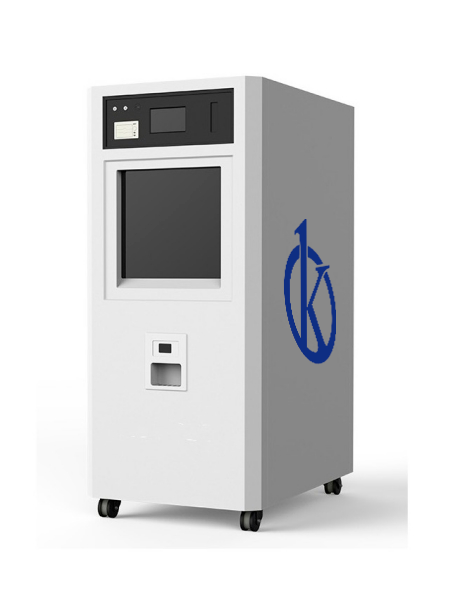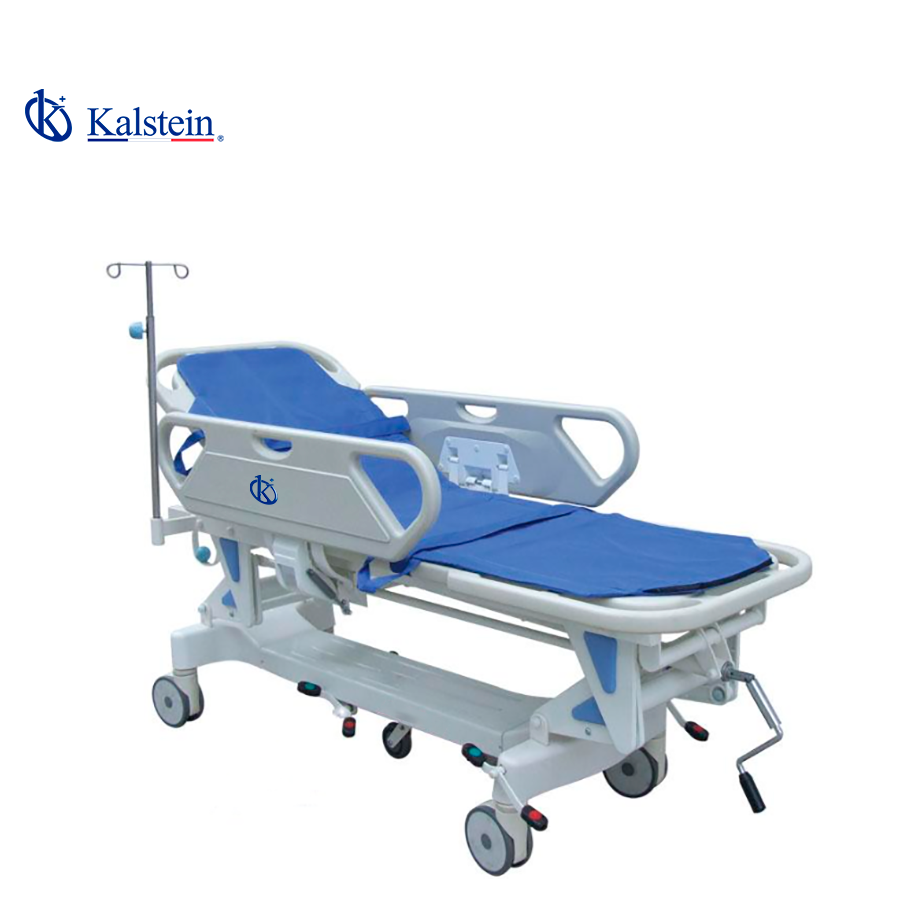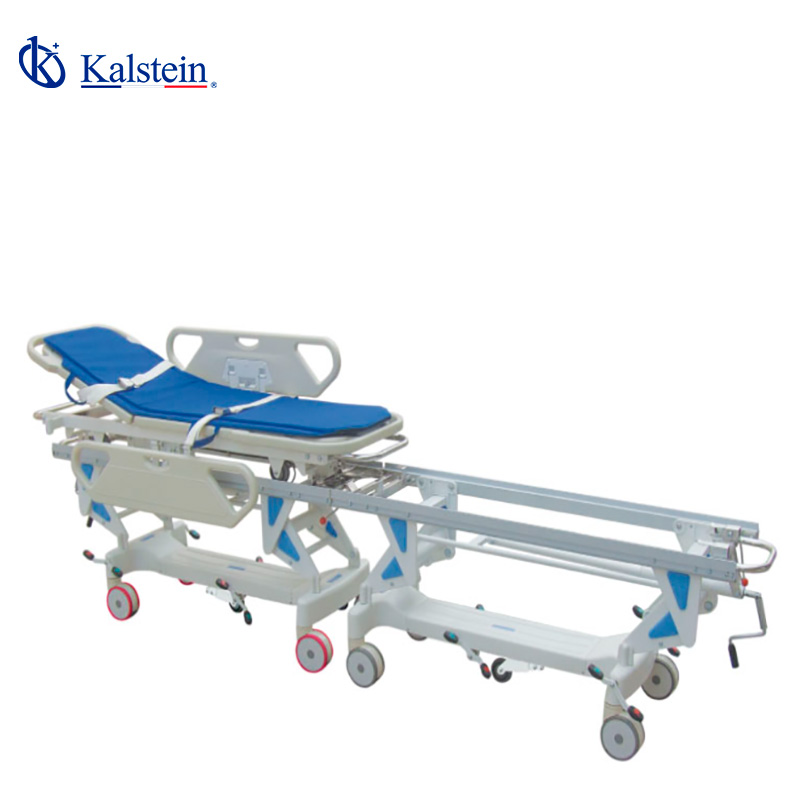A laboratory autoclave is an essential instrument for laboratory work in which the use of heat and pressure is required to process materials; these cylindrical chambers are designed to apply heat and pressure to sterilize specific items, achieving the destruction of living microorganisms.
Modern laboratory autoclaves can be operated by electronic control with a screen, or with a microprocessor installation, to facilitate recording and monitoring of parameters such as temperature, time, pressure, torque, water and other adjustments needed for different surgical methods.
These devices are used in medical institutes, hospitals, laboratories, food plants and industrial establishments.
Characteristics and types of autoclaves
The cameras are equipped with an autoclave operating system, which includes a digital thermometer, printed circuits, sensor inputs, probe inputs, push button inputs, thermal resistors, adapters, valves, motors, power supplies, print heads and electrical switching devices, among others.
In addition, autoclaves are grouped into 3 categories namely: saturated vapor autoclaves, medium pressure autoclaves and pressure and temperature autoclaves; saturated vapor autoclaves: These are those autoclaves that work with air at atmospheric pressure at standard temperature (triple point), these autoclaves are capable of reaching a limit pressure of 15 PSI (1.05 bar).
Another type of autoclaves is the medium pressure, which has a great and exact pressure
When a cycle is activated, the autoclave increases the temperature to generate water vapor and transform the air into saturated steam; medium pressure autoclaves: these devices are used to remove air and steam from the autoclave container with a special valve.
The valve opens and closes at regular intervals to get the steam and air mixed in the autoclave chamber while maintaining the exact pressure; these autoclaves withstand pressures up to 30 PSI (2.1 bar).
Professionals should choose the correct autoclave according to the need of their work
On the other hand, we have pressure and temperature autoclaves: These devices allow deep sterilization at temperature and pressure higher than that specified in the pressure and vaporization autoclaves mentioned above.
These autoclaves withstand pressures of up to 60 PSI (4.2 bar) and temperatures of up to 180-190º C to complete the sterilization cycle.
In conclusion, a laboratory autoclave is an extremely useful and necessary instrument to perform sterilization of materials; there are several types of autoclaves, depending on the type of work that is done should choose the autoclave that best suits our needs.
At Kalstein as a MANUFACTURER you can get the best autoclave according to the need of your work
Visit our website HERE to enjoy great offers and prices without competition, as we are MANUFACTURERS and can guarantee your effective purchase.
Likewise, you can obtain sophisticated and top quality equipment regarding autoclaves just press the following link HERE



